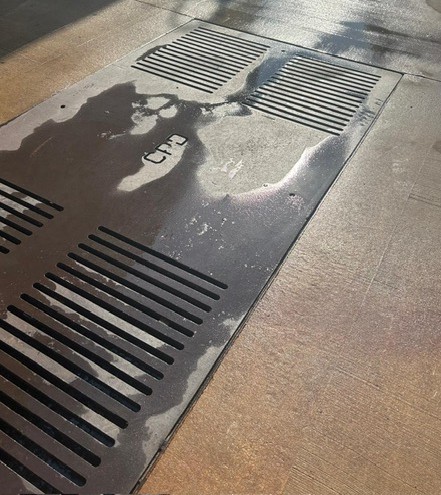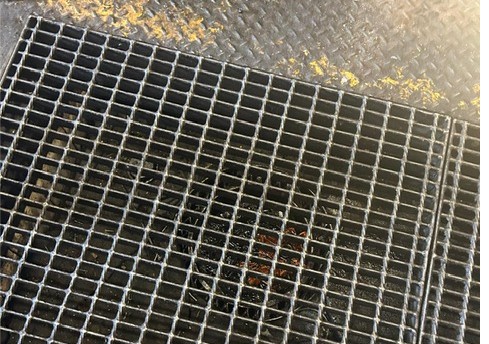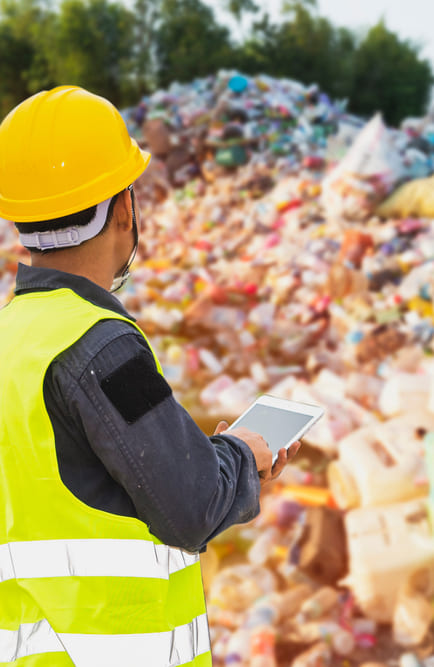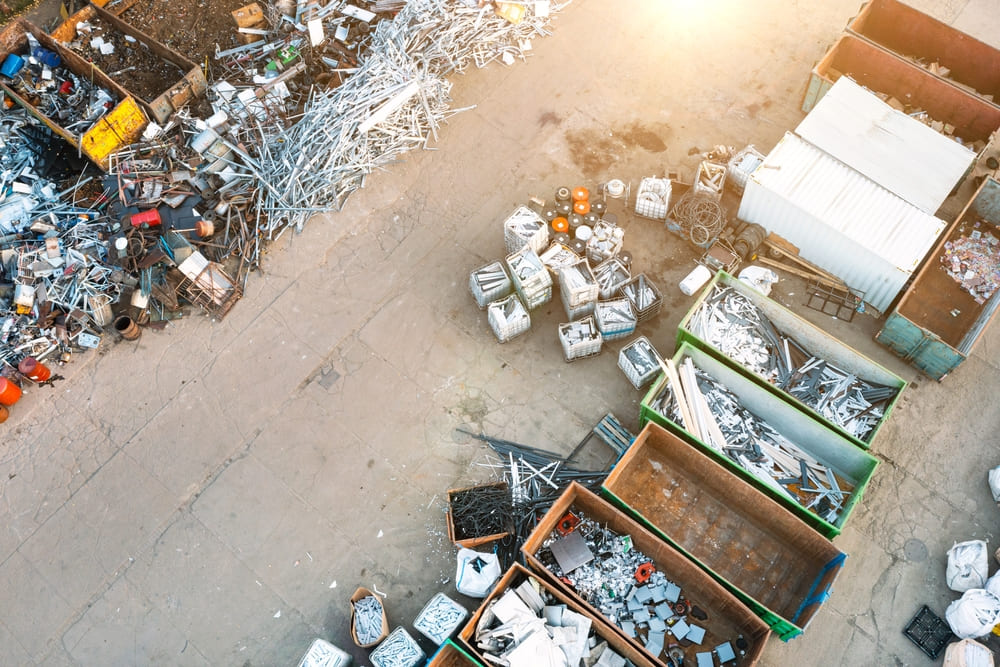We prioritise the correct collection and disposal of industrial waste, recognising its pivotal role in preventing environmental pollution, safeguarding human health and adhering to stringent regulatory standards. We understand the conscientious handling of industrial waste is not only a corporate responsibility but a crucial step towards sustainable practices.
By offering comprehensive solutions for the collection and disposal of industrial waste, we contribute to the preservation of the environment and the well-being of communities. Our commitment extends beyond mere compliance with regulations; it is a dedication to fostering a cleaner, safer and more sustainable industrial landscape. Trust us to handle your industrial waste with the diligence it deserves, ensuring a positive impact on both the environment and regulatory compliance.




